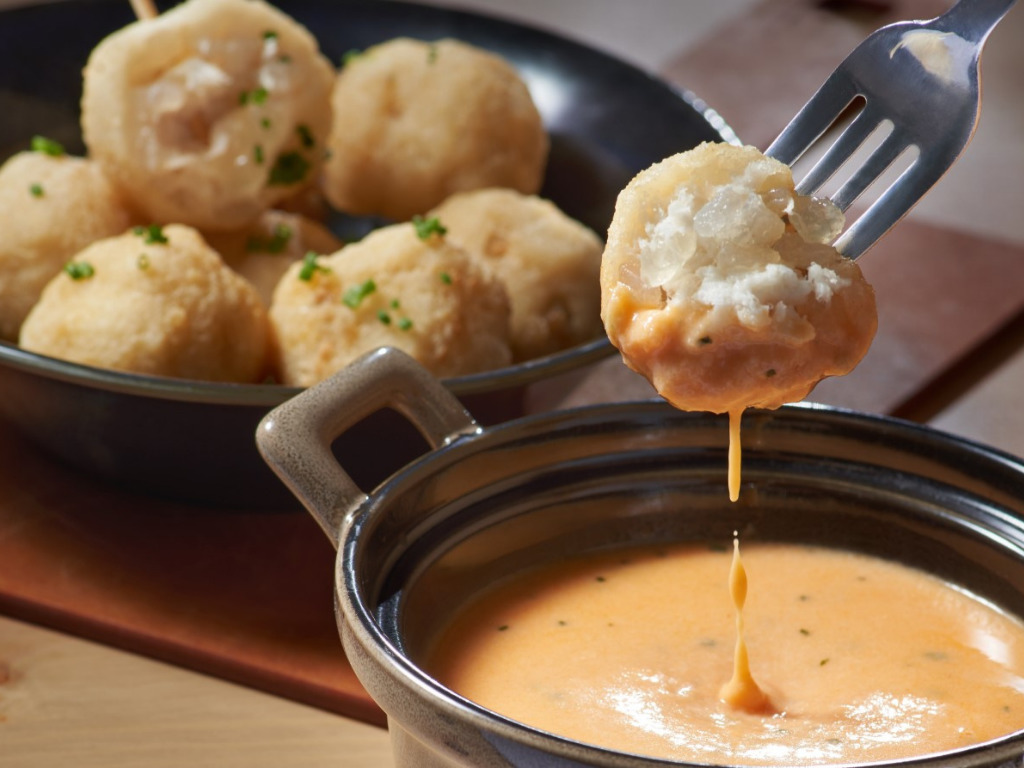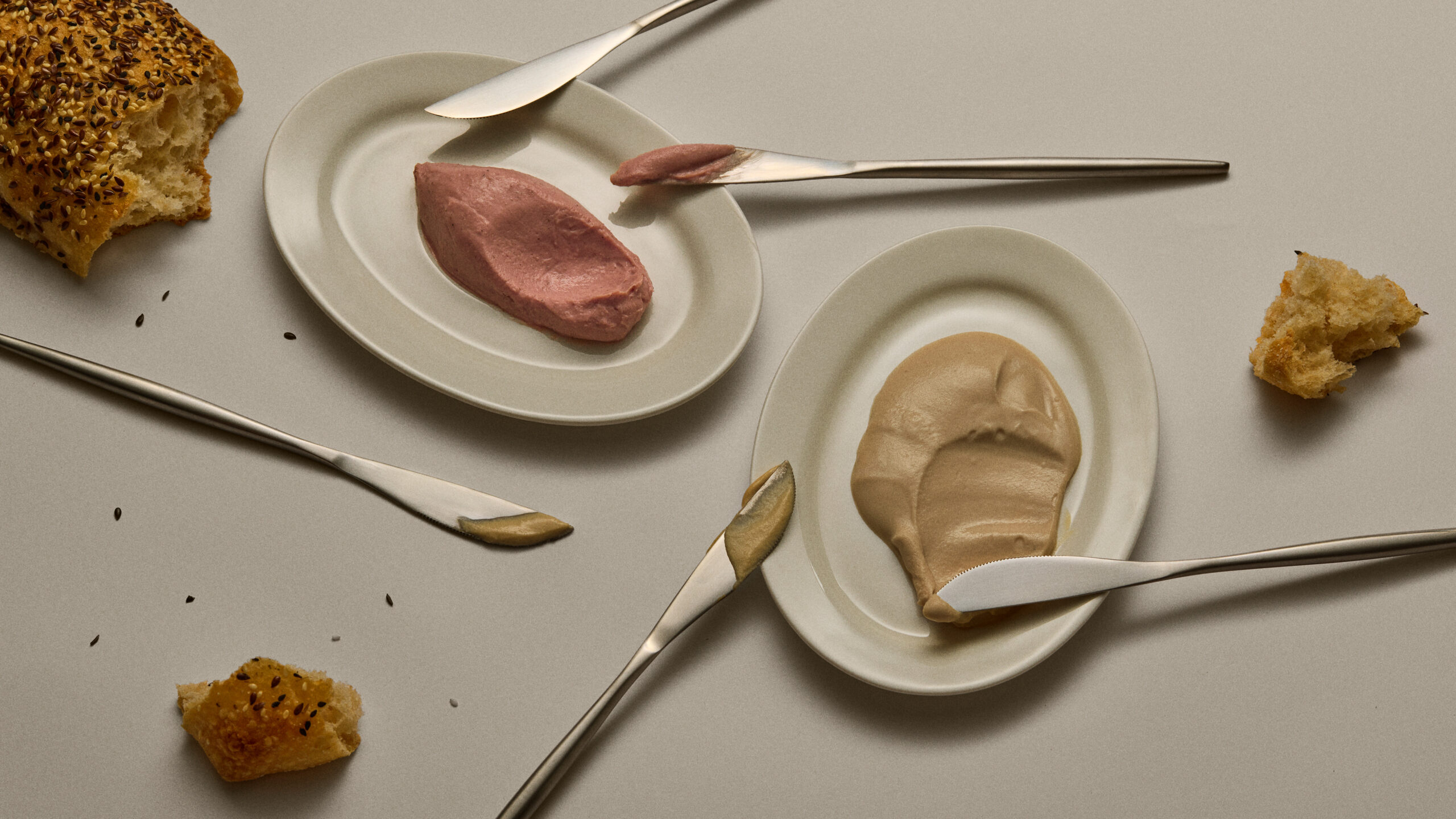
The APAC Society for Cellular Agriculture and Cellular Agriculture Australia have teamed up to advance the Asia-Pacific future food industry.
To boost the Asia-Pacific market for cultivated meat and fermentation-derived food ingredients, two industry bodies have signed a strategic collaboration agreement.
The APAC Society for Cellular Agriculture (APAC-SCA) and Cellular Agriculture Australia (CAA) have teamed up in an effort to foster international cooperation and advance the sector across Asia-Pacific.
“Through this partnership, we’re bringing together our regional strengths to drive transparency, coordinate regulatory efforts, and engage the public in meaningful ways,” said Peter Yu, programme director of APAC-SCA.
“This marks a significant step forward in international collaboration to accelerate the future of food – which the industry truly needs,” he added.
Collaboration focuses on public and policy engagement

APAC-SCA is made up of nine cultivated meat innovators from across the world, including industry leaders Aleph Farms, Gourmey, Meatable, IntegriCulture, and Avant. It has set up the APAC Regulatory Coordination Forum with the Good Food Institute APAC to advance regulatory approval for these proteins in the region.
CAA, meanwhile, is a think tank that works across Australia’s entire cellular agriculture sector to identify common, non-competitive priorities. It has published white papers on precision fermentation and held a host of cross-sector workshops, and counts local animal-free dairy firms All G, Eden Brew and Noumi as its sponsors.
Their collaboration aims to promote knowledge exchange and coordinated public engagement, while speeding up progress in regulatory alignment, trust building, and science-based policymaking.
“This MOU isn’t just a document – it’s a reflection of the collective vision for a more sustainable, secure, and equitable food system,” said Yu. “Cross-border collaboration is essential to building a thriving and trusted ecosystem for cellular agriculture,” he added.
The non-binding agreement focuses on several key areas. Through policy and regulatory exchanges, APAC-SCA and CAA will share timely insights and best practices on evolving regulatory landscapes.
As part of policy engagement efforts, they will co-author thought leadership pieces, white papers, and policy briefs to promote evidence-based regulation.
In addition, the two industry bodies will coordinate and amplify initiatives that build public confidence in cell ag technologies and products. Plus, they’ll explore and launch joint knowledge-sharing initiatives to contribute to sectoral growth and innovation.
Asia’s cellular agriculture industry is second to none

The trade organisations represent countries that are leading the future food race. There’s hardly a better example than Singapore, a global hub for food tech. It was the first country in the world to approve the sale of cultivated meat and gas-fermented proteins, and Asia’s first to allow the sale of precision-fermented dairy proteins.
Meanwhile, Sydney-based Vow has propelled Australia’s cultivated meat ecosystem to new heights, and is now selling cultured quail and foie gras in eateries across the country (as well as Singapore). It is also approved to do so in New Zealand. Another startup from down under, All G, has secured clearance to put its precision-fermented lactoferrin on the Chinese and US markets.
Other companies are betting on Asia’s biomanufacturing capabilities. UK cultivated pork startup Hoxton Farms has teamed up with Japan’s Sumitomo Corporation and Mitsui Chemicals in recent months, while Israel’s Aleph Farms is building a cultivated meat facility and awaiting regulatory approval in Thailand.
Home to eight of the top 20 alternative protein patent applicants, China is already a biomanufacturing leader and has ramped up support for alternative proteins this year. India last year launched its BioE3 policy, aiming to accelerate tech development and commercialisation via new biomanufacturing hubs. And South Korea could hand out its first cultivated meat approval this year.
As Europe continues to play catch-up with its novel food regulation (with promised reforms still at least a year away) and the states in the US ban cultivated meat, Asia-Pacific is a prime destination for the world’s cellular agriculture companies. This latest collaboration will hope to build on that.
“This partnership reflects our shared commitment to advancing cellular agriculture. Together, APAC-SCA and CAA aim to foster an enabling environment for innovation, support science-based policymaking, and cultivate a regional ecosystem where cellular agriculture can thrive,” said Yu.
The post Cellular Agriculture Groups Team Up to Advance Cultivated Meat Regulation in Asia-Pacific appeared first on Green Queen.
This post was originally published on Green Queen.